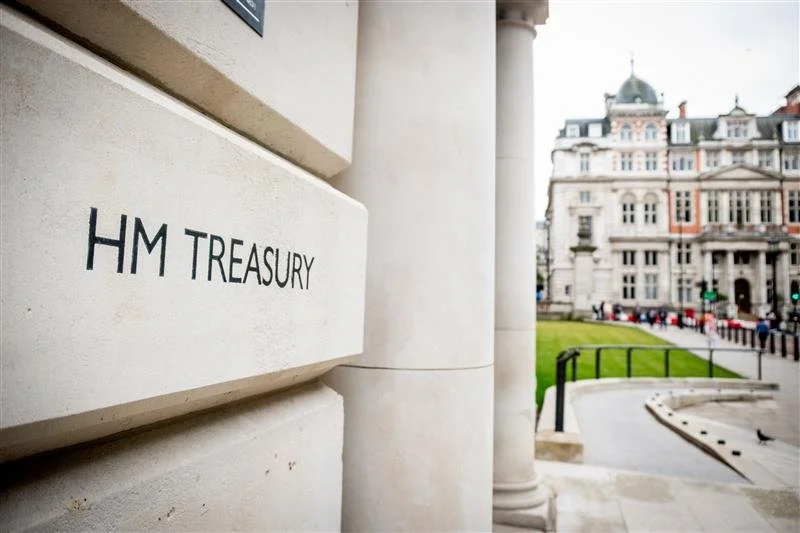Strengthening the UK’s Fight Against Financial Crime: Key Changes Proposed to the Money Laundering Regulations (MLRs)
On 17 July 2025, HM Treasury published its long-awaited response to the 2024 consultation on improving the MLRs, marking a significant step in the UK’s ongoing efforts to combat financial crime. The response sets out a number of targeted legislative changes to MLRs and non-legislative actions, intended to clarify regulatory obligations, improve coordination and enhance the UK’s resilience to economic crime.
Key Themes and Reforms
1. Making Customer Due Diligence (CDD) more proportionate and effective
The government acknowledges that current CDD requirements can be ambiguous and lacking in clear purpose. The reform aims to:
Clarify the definition of a ‘business relationship’ for the purposes of applying CDD.
Produce more practical guidance and training tools to support firms in interpreting and applying source of funds checks as part of ongoing monitoring.
Provide clearer guidance on digital identify verification.
Make the rules of Enhanced Due Diligence (EDD) more targeted – only “unusually complex” transactions will require EDD, as opposed to all complex transactions.
Clarify that EDD will only apply to relevant transactions or customer relationships which involve a person established in a Call for Action country, not an Increased Monitoring List country, as per FATF.
2. Strengthening system coordination
To improve consistency and oversight across the AML regime, the response outlines:
Improved data sharing mechanisms to support intelligence-led supervision.
Clear guidance on how to carry out risk assessments.
Encouragement for wider use of the National Risk Assessment (NRA) guidance.
3. Providing clarity on scope and registration issues
Ambiguities in the current regulations have led to inconsistent interpretations. The government plans to:
Convert euro-denominated monetary thresholds in the MLRs to GBP using a one-to-one conversion (e.g. EUR 1,000 will become GBP 1,000).
Streamline the dual registration process under both MLRs and FSMA for crypto asset service providers, aligning change in control provisions and reducing duplication.
4. Reforming registration requirements for the Trust Registration Service (TRS)
The TRS has been a key tool in increasing transparency around beneficial ownership. Proposed changes include expanding the scope of registration on the TRS to include all non-UK trusts that hold an interest in UK land and property acquired before 6 October 2020, aligning the registration deadlines for trusts required to register following a death and introducing a de minimis level for trust registration.
5. Proposed further MLRs revisions
Recognising the dynamic nature of financial crime, the government is aiming to:
Align MLRs with the FSMA 2000 (Exemption) Order 2001 in respect of overseas sovereign wealth funds operated by a central bank or public body.
Clarify the definition of ‘insurance undertaking’ so it doesn’t include certain reinsurance contracts (deemed low risk)
Align certain requirements for cryptoasset businesses in the MLRs with requirements for credit and financial institutions to ensure they apply the same counterparty due diligence checks.
Remove stamp duty reserve tax from the taxes that trigger registration, as some exempt trusts can become registerable only based on paying this tax.
Why This Matters
Money laundering and terrorist financing pose serious threats to the integrity of the UK’s financial system. The MLRs are a cornerstone of the UK’s AML framework, placing obligations on businesses to detect and prevent illicit finance. However, as financial crime evolves, so too must the regulations.
The proposed changes are a timely shift – but are they bold enough? A step forward, or a missed opportunity?
We’ll share our take next week - stay tuned!
As ever, if you need any help interpreting or understanding how they might impact your firm, reach out at contact@avyse.co.uk

